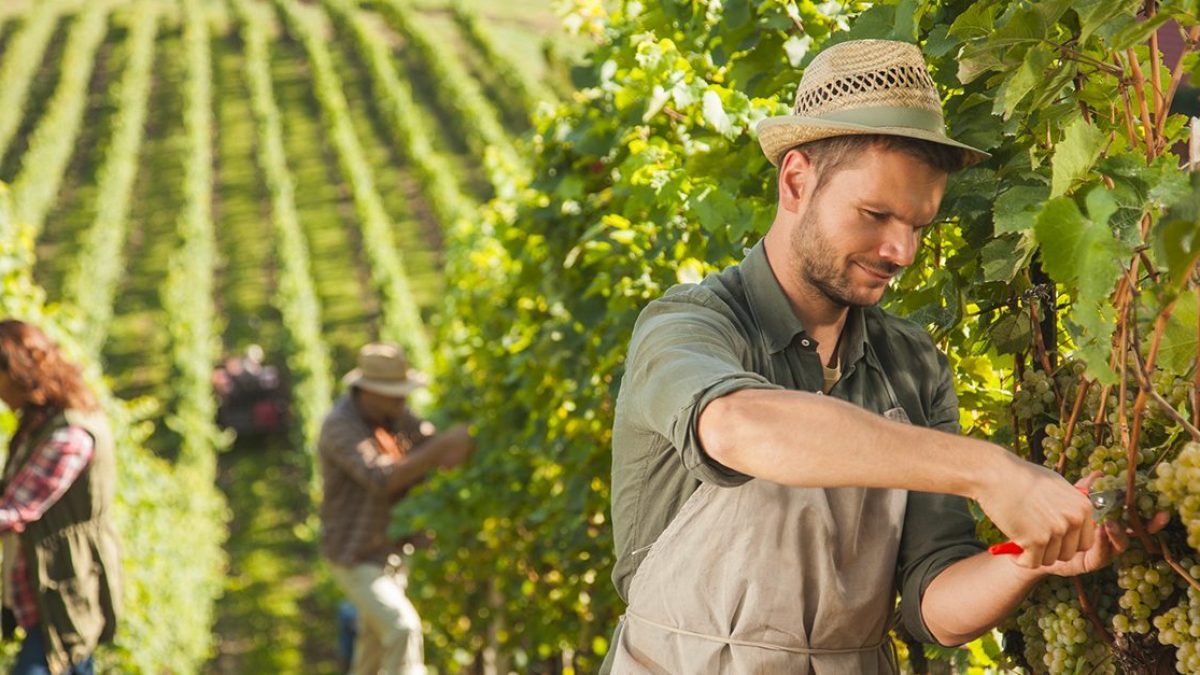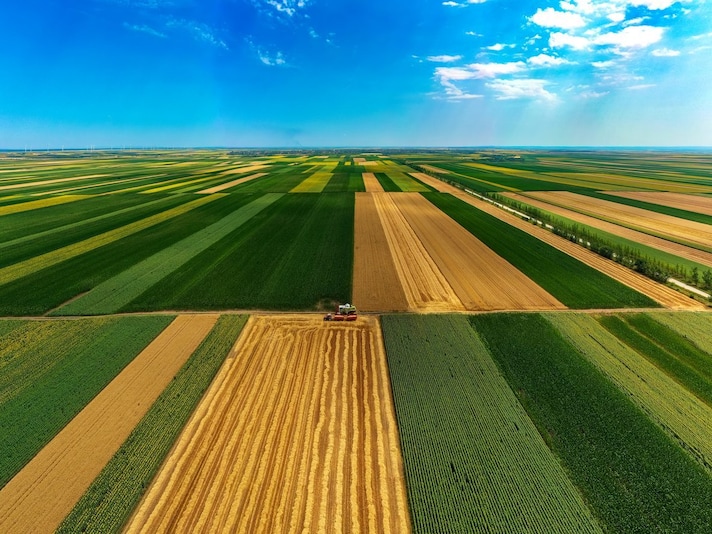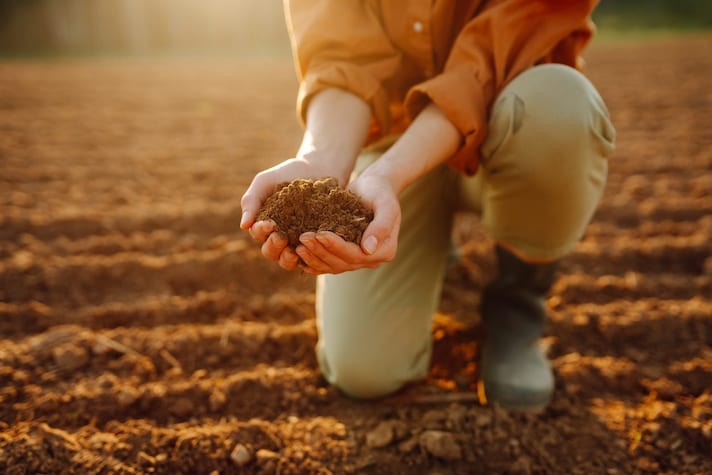
Human activity, including factories, industries, and intensive livestock farming, is destroying the planet. This is a sad fact that we have known for decades, yet it doesn't seem to have stopped it; on the contrary, the situation is worsening year after year. If that weren't enough, wars have also gotten in the way. Since February 2022, Ukraine has been grappling with conflict with Russia, and since October 2023, there has been no peace in the Middle East either, with the ongoing conflict between Israel and Hamas. According to a BCG report called "Building Resilience in Agrifood Supply Chains," these events could drastically reduce agricultural production: it would drop by 35% within 25 years, by 2050.
Details of The Study on The Problem
Amidst this slew of catastrophic events, we certainly must not forget the 2020 pandemic, which further cements the general difficulty of the last five years. According to a study conducted by the global consultancy Boston Consulting Group, in collaboration with Quantis, crop production is at serious risk of decline within a period of no more than 25 years. The causes are multiple; in addition to those already mentioned, agriculture is still overly dependent on a limited number of different crops in a few producing countries some of which are still at war. According to the study, 65% of agricultural production and 70% of global caloric intake depend on just 15 crops, which, as a result of climate events and geopolitical conflicts, are also weakening.

Essential foods such as rice (22% of the world's caloric intake) are projected to decline by 9% by 2050, with a decline that will almost certainly affect the top three rice exporters (40% of global production): India (experiencing an 18% decline), Bangladesh (15%), and Indonesia (12%). The study also explains that much of the decline will be due to climate change, and that the consequences will also impact the GDP of the aforementioned countries.
There is a Solution for a Drastic Change of Course
While examining the problem, the American study also identified several solutions that, however, might not significantly reduce agricultural production. The first idea is to incentivize genetic innovation that allows for the development of climate-resistant crops. Furthermore, it is necessary to increase diversification and promote a type of regenerative agriculture where, thanks to thousands of practices, it is possible to make the soil healthier.

Furthermore, efforts will be made to protect water and ecosystem biodiversity and focus on technologies that reduce waste. Unlocking new sources of financing would become crucial for farmers, who could innovate without risking collapse. This would enable long-term partnerships between companies and suppliers, thus ensuring stability, traceability, and sustainability.
;Resize,width=767;)
